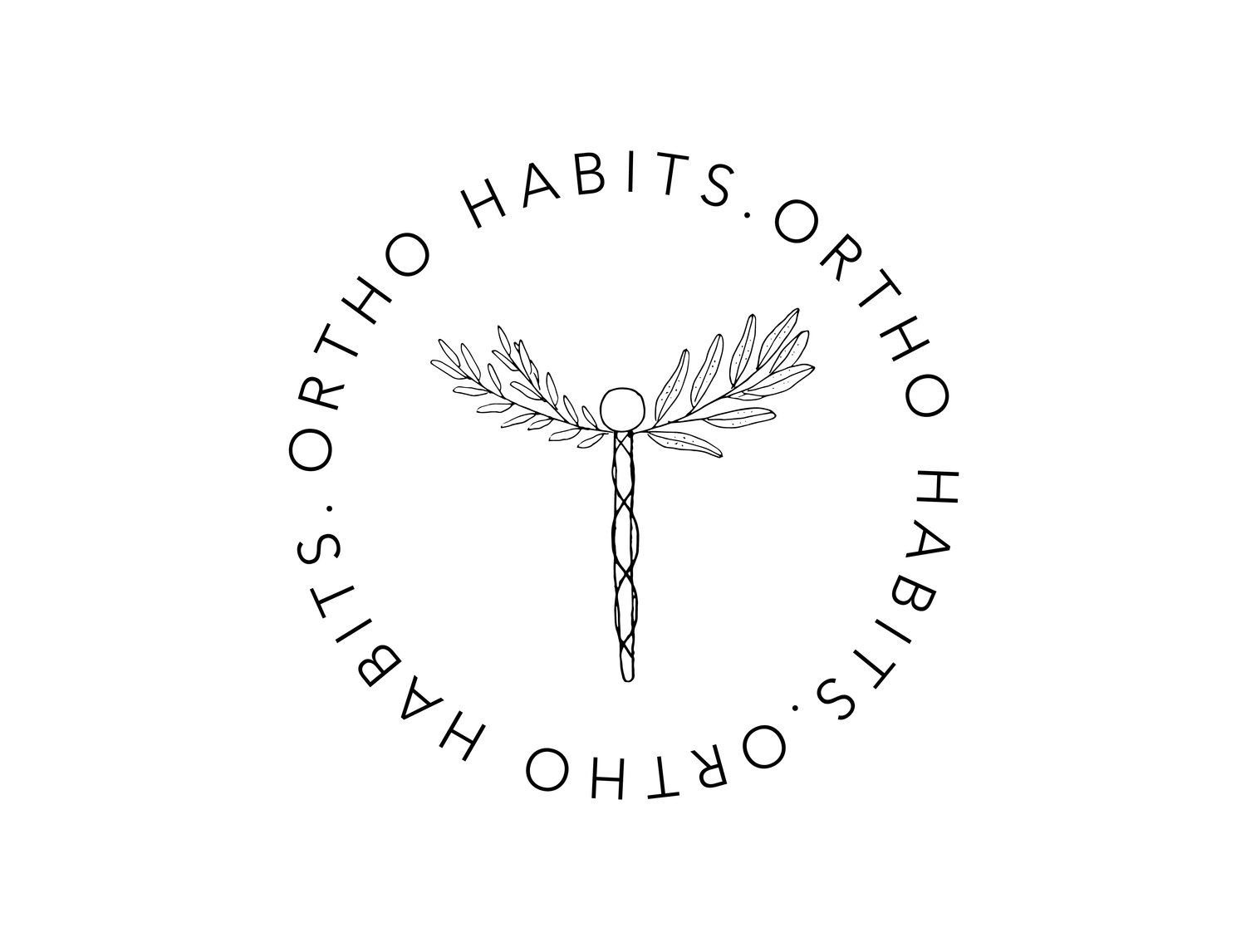....Astrocyten en slaap..Astrocytes and sleep...
....Naast zenuwcellen zijn er ook nog andere cellen in de hersenen te vinden. Deze cellen heten gliacellen (glia is Grieks voor “lijm”). Van deze cellen is lang gedacht dat ze alleen ondersteuning boden voor zenuwcellen.
Er zijn verschillende soorten gliacellen die allemaal een eigen taak hebben.
- Zo hebben we de microglia die schadelijk materiaal zoals virussen uit het centrale zenuwstelsel verwijderen en ze zijn een belangrijk onderdeel van het immuunsysteem.
- De oligodendrocyten maken myeline aan om de verbinding tussen zenuwcellen te beschermen. Ze zijn alleen aanwezig in het centrale zenuwstelsel.
- En de schwanncellen maken ook myeline aan om de verbinding tussen zenuwcellen te beschermen alleen is dit type gliacel alleen aanwezig in het perifere zenuwstelsel.
- Maar vandaag wil ik het hebben over de astrocyte. Astrocyten zijn steuncellen die de bouwstenen van de bloed-hersenbarrière vormen. Zij zorgen er dus voor dat niet alle stoffen uit het bloed de hersenen kunnen bereiken. Daarnaast zijn ze verantwoordelijk voor de chemische omgeving van de zenuwcellen en zijn ze betrokken bij hersenreiniging en regeneratie. Ze spelen een belangrijke rol onder andere bij het ontstaan van epilepsie en de Ziekte van Parkinson.
Slaapgebrek kan een abnormale werking van astrocyten veroorzaken. Wanneer astrocyten abnormaal functioneren, kunnen ze gezonde hersensynapsen "eten" en vernietigen. Als gezonde synapsen zomaar worden weggesnoeid, kan dat een factor zijn bij het ontstaan van neurodegeneratieve aandoeningen zoals de ziekte van Alzheimer. Een consistent slaapschema is belangrijk om uw hersenen gezond te houden en andere chronische gezondheidsproblemen te voorkomen. De exacte hoeveelheid slaap die u nodig heeft, is afhankelijk van uw leeftijd, algehele gezondheid en activiteitenniveau, maar voor volwassenen is zeven tot negen uur een goede algemene regel.
Hoewel het een groot probleem is, zijn verhoogde astrocytactiviteit en vernietigde hersensynapsen niet de enige problemen die samenhangen met chronisch slaapgebrek. Als u niet genoeg goede kwaliteitsslaap krijgt, kan dit ook leiden tot verschillende acute en chronische symptomen en gezondheidsproblemen, waaronder:
- Verhoogd risico op ongevallen door verminderde waakzaamheid en langere reactietijden
- Vermoeidheid en rusteloosheid
- Verminderd vermogen om taken uit te voeren en goede beslissingen te nemen
- Verminderd cognitief vermogen en geheugen
- Gebrek aan motivatie
- Verlaagde productiviteit op het werk
- Verhoogd risico op hartaandoeningen, diabetes en hoge bloeddruk
- Onevenwichtige hongerhormonen en gewichtstoename
- Verhoogd risico op depressie, angst en psychische stoornissen
- Verhoogde prikkelbaarheid
- Verminderd immuunsysteem en verhoogde vatbaarheid voor infectie
- Verhoogde kans op alcoholmisbruik
- Verlaagde levensverwachting
Onderschat een goede nachtrust dus niet. .. In addition to nerve cells, there are also other cells in the brain. These cells are called glial cells (glia is Greek for “glue”). These cells have long been thought to provide support only for nerve cells.
There are different types of glial cells, each of which has its own task.
- So we have the microglia that remove harmful material such as viruses from the central nervous system and they are an important part of the immune system.
- The oligodendrocytes make myelin to protect the connection between nerve cells. They are only present in the central nervous system.
- And the Schwann cells also make myelin to protect the connection between nerve cells, but this type of glial cell is only present in the peripheral nervous system.
- But today I want to talk about the astrocyte. Astrocytes are support cells that form the building blocks of the blood-brain barrier. They therefore ensure that not all substances from the blood can reach the brain. In addition, they are responsible for the chemical environment of the nerve cells and are involved in brain cleaning and regeneration. They play an important role in, among other things, the development of epilepsy and Parkinson's disease.
Lack of sleep can cause abnormal astrocyte function. When astrocytes function abnormally, they can "eat" and destroy healthy brain synapses. Pruning out healthy synapses can be a factor in the development of neurodegenerative diseases such as Alzheimer's disease. A consistent sleep schedule is important to keep your brain healthy and prevent other chronic health conditions. The exact amount of sleep you need will depend on your age, overall health and activity level, but for adults, seven to nine hours is a good general rule.
While a major problem, increased astrocyte activity and destroyed brain synapses aren't the only issues associated with chronic sleep deprivation. Not getting enough good quality sleep can also lead to a variety of acute and chronic symptoms and health problems, including:
- Increased risk of accidents due to reduced vigilance and longer reaction times
- Fatigue and restlessness
- Reduced ability to perform tasks and make good decisions
- Reduced cognitive ability and memory
- Lack of motivation
- Reduced productivity at work
- Increased risk of heart disease, diabetes, and high blood pressure
- Unbalanced hunger hormones and weight gain
- Increased risk of depression, anxiety and mental disorders
- Increased irritability
- Reduced immune system and increased susceptibility to infection
- Increased risk of alcohol abuse
- Reduced life expectancy
Don't underestimate a good night's sleep. ....




